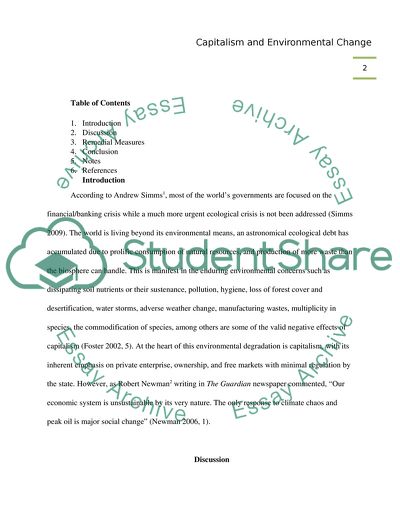Cite this document
(“Capitalism and Environmental Change Research Paper”, n.d.)
Capitalism and Environmental Change Research Paper. Retrieved from https://studentshare.org/environmental-studies/1722560-capitalism-by-its-definition-and-nature-cannot-save-the-plane-discuss-this-statement
Capitalism and Environmental Change Research Paper. Retrieved from https://studentshare.org/environmental-studies/1722560-capitalism-by-its-definition-and-nature-cannot-save-the-plane-discuss-this-statement
(Capitalism and Environmental Change Research Paper)
Capitalism and Environmental Change Research Paper. https://studentshare.org/environmental-studies/1722560-capitalism-by-its-definition-and-nature-cannot-save-the-plane-discuss-this-statement.
Capitalism and Environmental Change Research Paper. https://studentshare.org/environmental-studies/1722560-capitalism-by-its-definition-and-nature-cannot-save-the-plane-discuss-this-statement.
“Capitalism and Environmental Change Research Paper”, n.d. https://studentshare.org/environmental-studies/1722560-capitalism-by-its-definition-and-nature-cannot-save-the-plane-discuss-this-statement.


